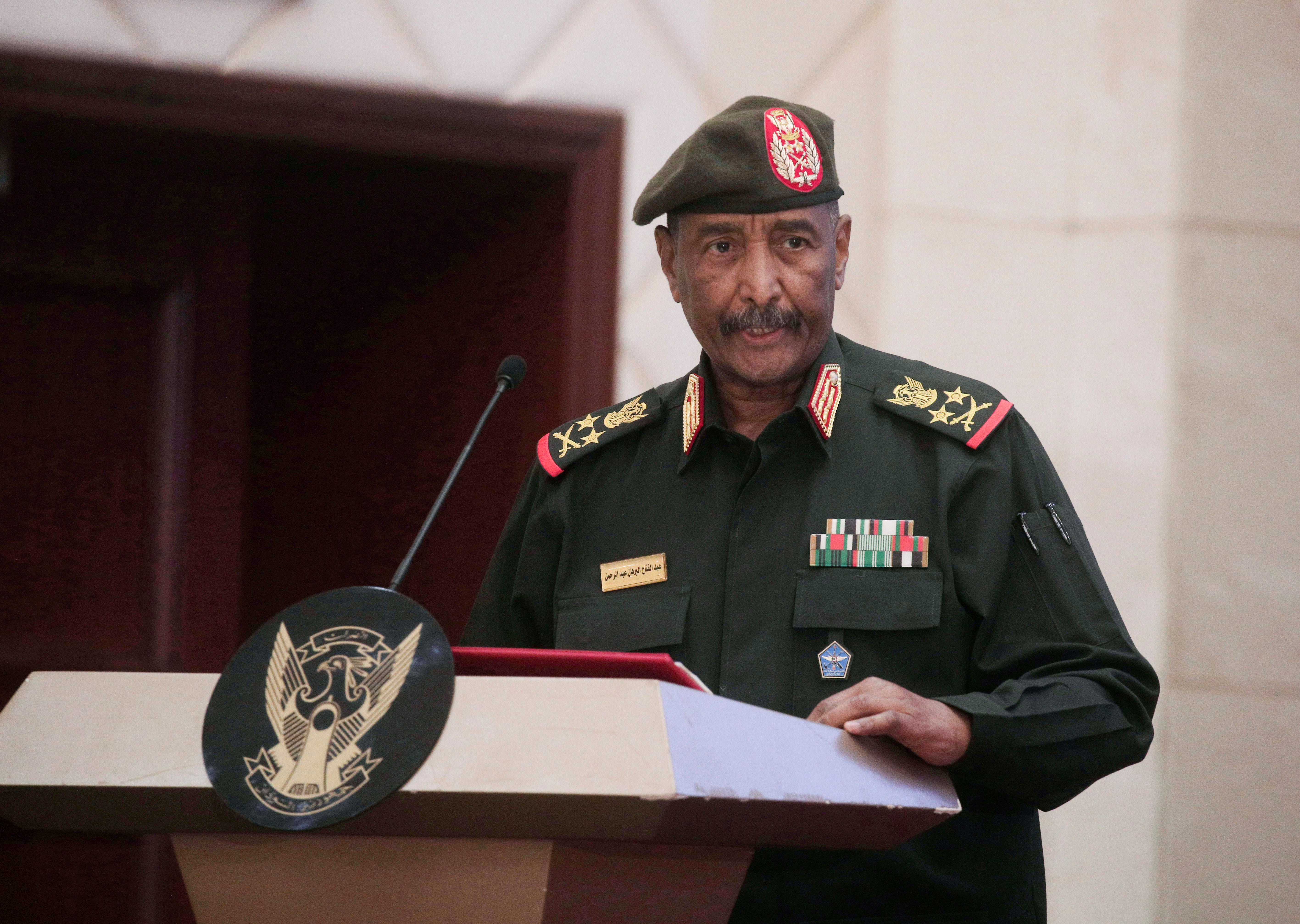More than 5 million people have been displaced by a monthslong conflict in Sudan, UN agency says
The United Nations' migration agency says more than 5 million people have been displaced by the monthslong fighting in Sudan

More than 5 million people have been displaced by the monthslong fighting in Sudan, the United Nations’ migration agency said Wednesday as clashes between the country’s military and a rival paramilitary force show no sign of easing.
According to the International Organization for Migration, over 4 million people have been internally displaced since the conflicted erupted in mid-April while another 1.1 million have fled to neighboring countries. More than 750,000 have traveled to either Egypt or Chad, the agency said.
International efforts to mediate the conflict have so far failed. There have been at least nine cease-fire agreements since the outbreak and all have broken down.
Sudan was plunged into chaos almost five months ago when long-simmering tensions between the military, led by Gen. Abdel Fattah Burhan, and the Rapid Support Forces, commanded by Mohamed Hamdan Dagalo, escalated into open warfare.
The fighting has reduced Sudan’s capital, Khartoum, to an urban battlefield, with neither side managing to gain control of the city.
Formal peace negations mediated by the United States and Saudi Arabia in the kingdom’s coastal town of Jeddah were adjourned in late June with both mediators publicly calling out the RSF and the army for continually violating truces they had agreed to.
Meanwhile, in the western Darfur region — the scene of a genocidal campaign in the early 2000s — the conflict has morphed into ethnic violence, with the RSF and allied Arab militias attacking ethnic African groups, according to rights groups and the U.N.
Also Wednesday, Alice Wairimu Nderitu, the U.N. special adviser on the prevention of genocide, expressed concern at ongoing “identity-based attacks” across the country.
“Innocent civilians are being targeted on the basis of race” in Darfur, Nderitu said in a statement. These attacks could amount to war crimes, she added.
In July, Karim Khan, the International Criminal Court's prosecutor, said he was investigating alleged new war crimes and crimes against humanity in Darfur.
___
Associated Press writer Edith Lederer at the United Nations contributed to this report.
Bookmark popover
Removed from bookmarks